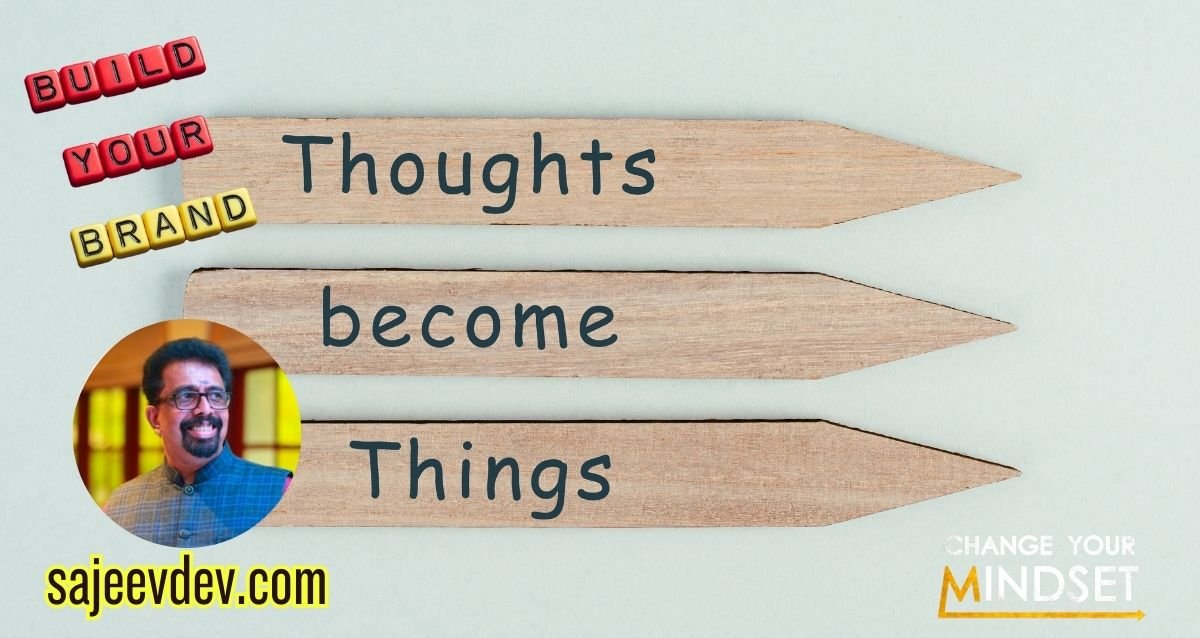
Dr. Sajeev Dev
The Success Guru
Start transforming Your Life Now
Explore the transformative world of Dr. Sajeev Dev’s blog at sajeevdev.com, where every read is a step towards personal growth, empowerment, and a more enriched life. Uncover the wisdom that sparks positive change and discover the keys to unlocking your full potential.

Dr. Sajeev Dev is a multifaceted professional known for his expertise in science, wellness, and personal growth. He holds a BSc in Chemistry, a Postgraduate degree in Computer Applications, and multiple certifications in healthcare, counseling, and mind metrics. As the author of the transformative book You Are Money and the founder of several successful ventures like Yuvann Wellness Concepts and nLight Training, he empowers individuals and businesses through holistic living, innovative training, and consultancy services. A record holder in Magic, India, and Asia Books of Records, Dr. Sajeev is also a transformational trainer, celebrated for signature workshops like MindShift Mastery and Sales Mastery. Through his platforms, including sajeevdev.com, he inspires millions worldwide to achieve personal and professional excellence.
Latest
Trending Now
Business
Gudance
Thought of the Day
Achievements
Book Review

























